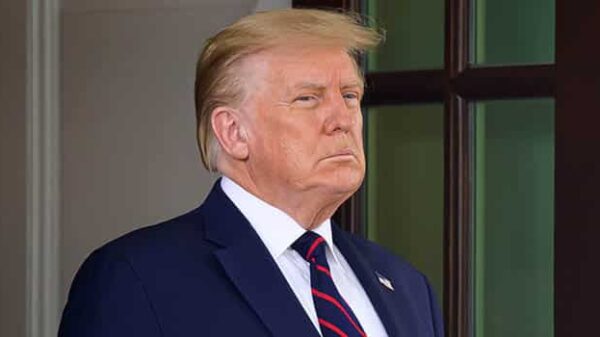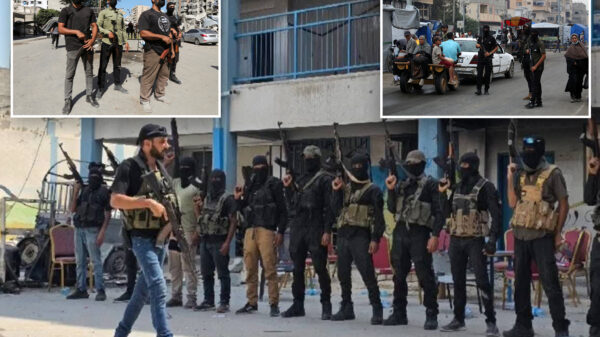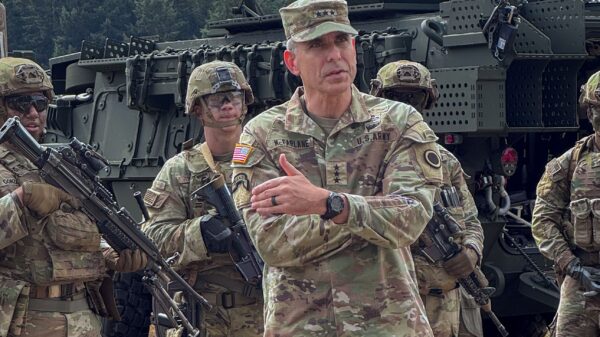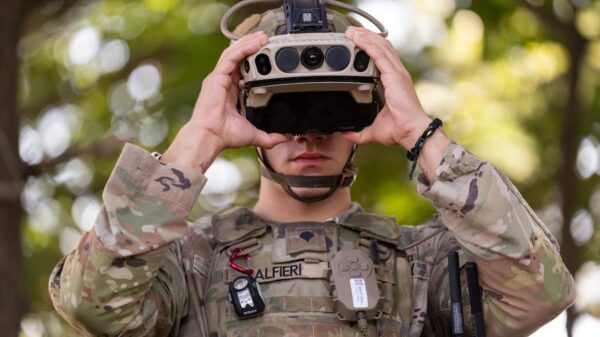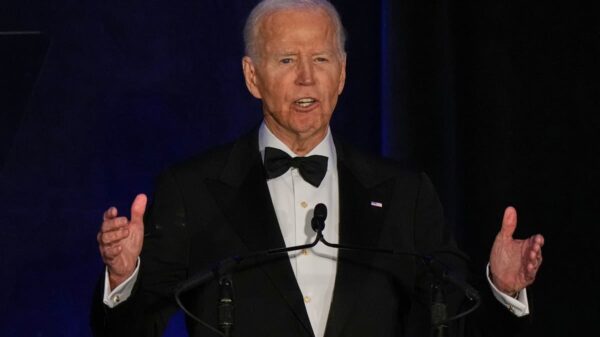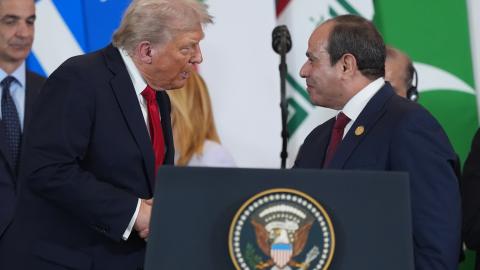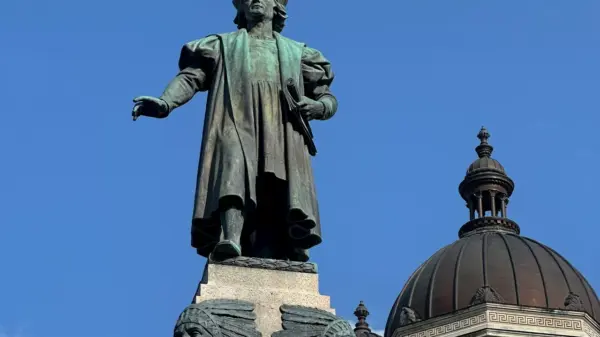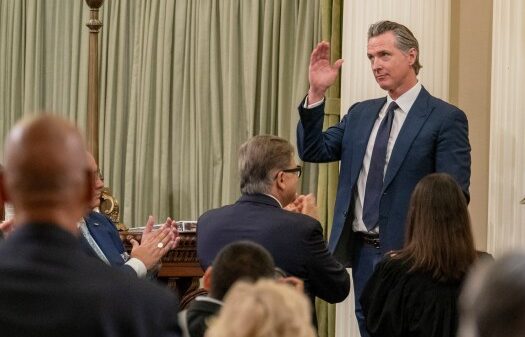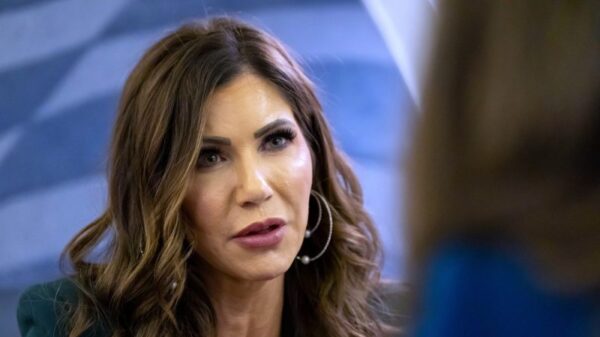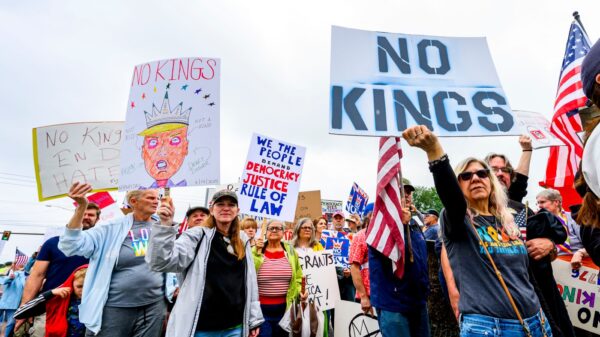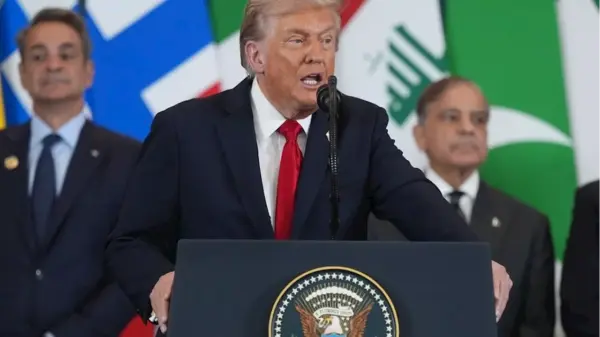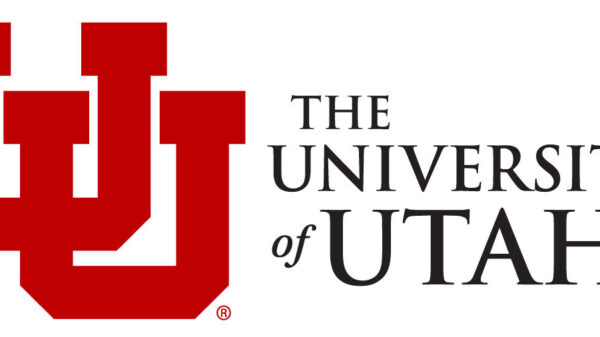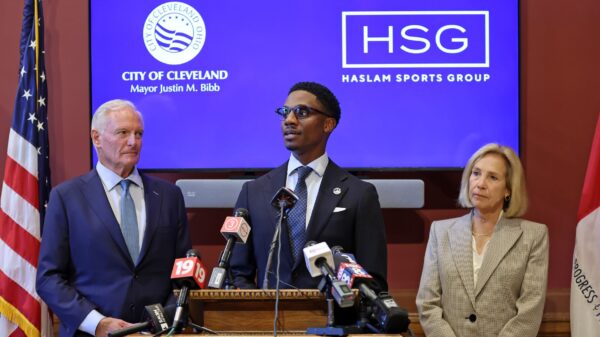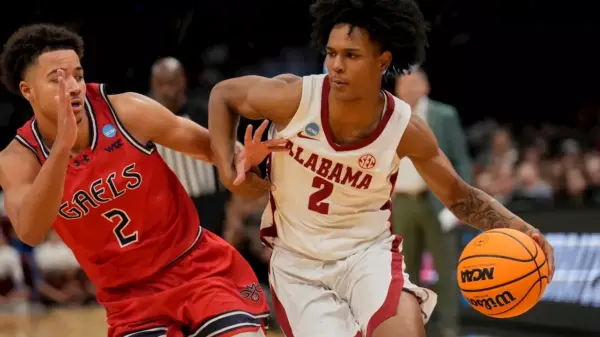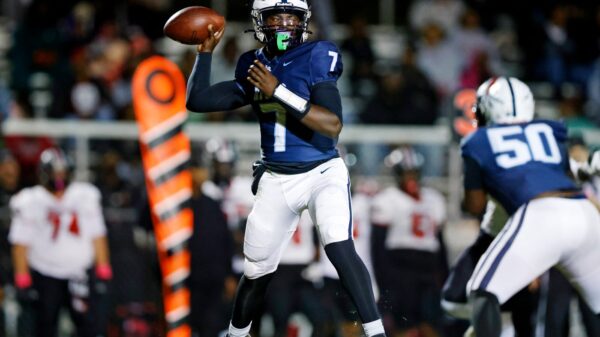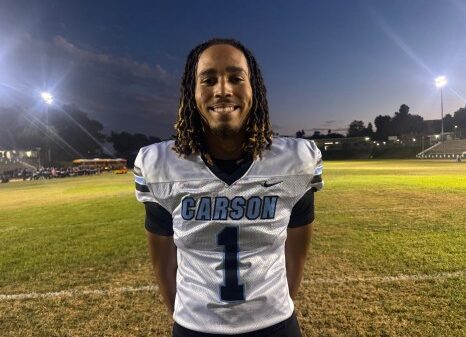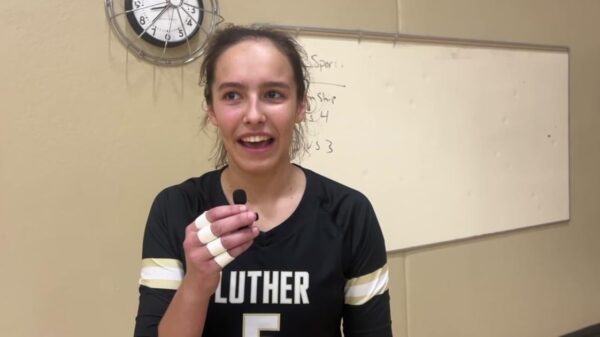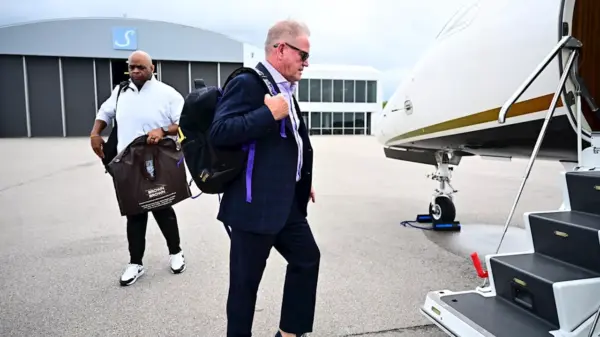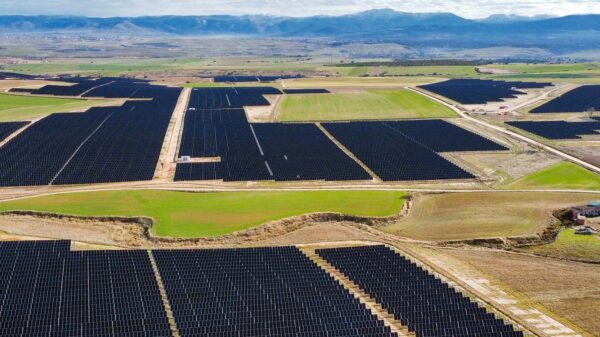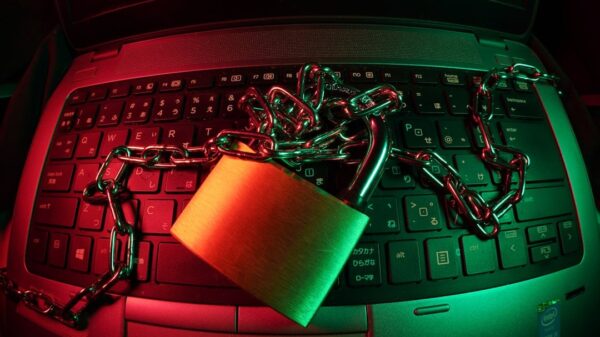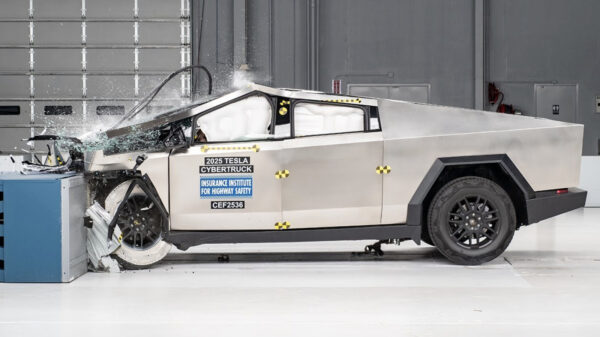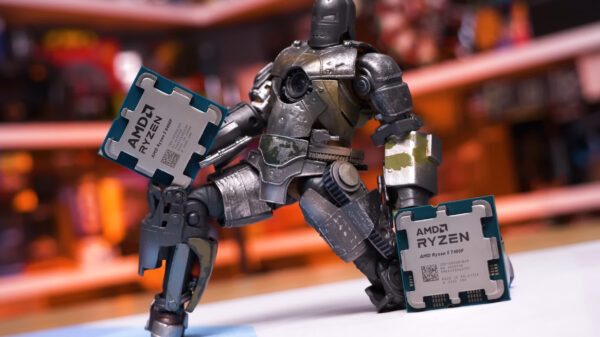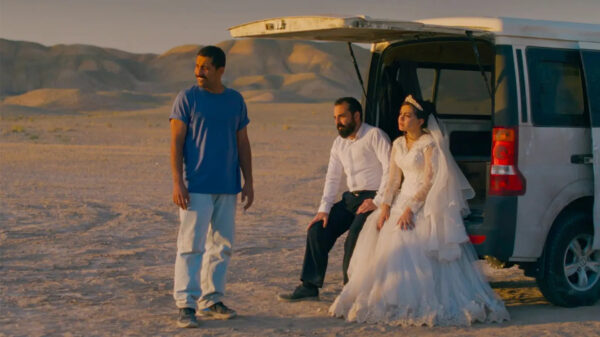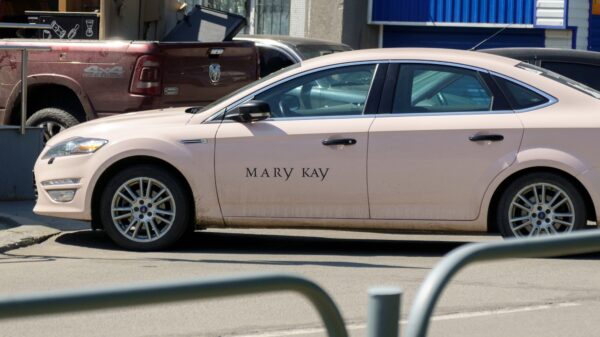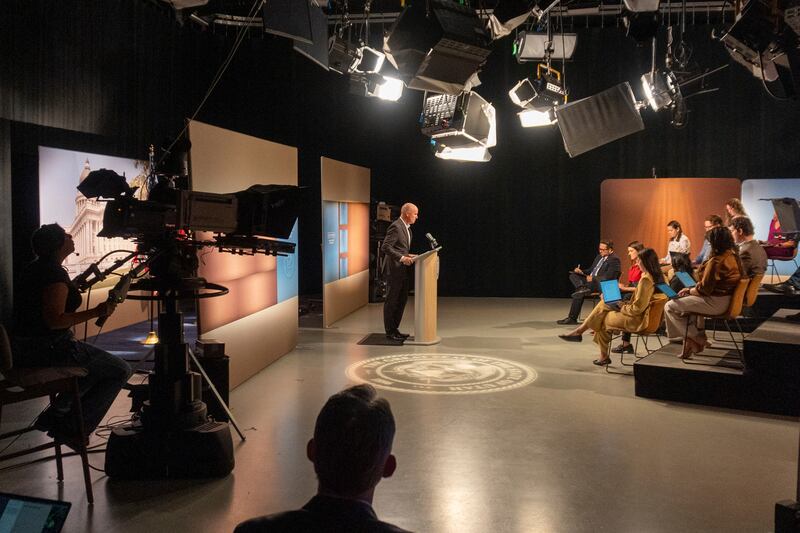Utah Governor Spencer Cox has clarified that the state’s National Guard will not participate in the detention of suspected undocumented immigrants if called upon to assist in the federal government’s immigration enforcement efforts. During a press conference on Thursday, he emphasized that the National Guard’s role would be limited and focused on support, such as transportation for federal immigration officials.
Cox stated, “Our National Guard will not be putting hands on people, will not be arresting people. That is not the role of the National Guard, and we would not allow that to happen.” His comments come amid a broader national push for stricter immigration measures, a priority underscored by the administration of President Donald Trump.
In recent weeks, several sheriff’s offices in Utah have formalized agreements with U.S. Immigration and Customs Enforcement (ICE) to assist in identifying immigrants residing illegally in the country. According to a report by the Christian Science Monitor, Utah is among 20 states that have consented to allow National Guard troops to support immigration officials in their efforts to detain and deport individuals without legal status.
Cox noted that officials from Utah are in “active communication” with their federal counterparts regarding potential cooperative actions. While specific roles remain to be defined, he indicated that transportation could be a significant area where the National Guard might assist, especially since Utah lacks a dedicated facility for holding immigrants.
“Transportation takes a lot of time and effort away from the Department of Homeland Security and their ability to do their jobs, processing paperwork and those types of things,” Cox explained, highlighting the logistical challenges faced by immigration officials. He confirmed that any deployment of the National Guard for these purposes would require federal funding.
In a related matter, Governor Cox addressed the potential deployment of National Guard troops to Washington, D.C., to assist in crime-fighting initiatives. While other states have sent troops to the capital, he expressed caution, stating that he would need to review any formal requests before making a decision.
Cox also responded to inquiries regarding proposed state legislation that would require voters to provide documentation proving U.S. citizenship during registration. Utah Representative Karianne Lisonbee has introduced a proposal aimed at preventing noncitizens from voting, citing two instances of noncitizen registrations in the state.
While acknowledging that current laws already prohibit noncitizens from voting in Utah elections, Cox emphasized the importance of ensuring that safeguards are in place to maintain the integrity of the electoral process. He stated, “We want to make sure that we have processes in place to prevent that from happening.”
Cox did not commit to supporting the proposed legislation but mentioned that any cases of noncitizen voting should be prosecuted, stating that his administration would work closely with county attorneys on the issue. “We’re constantly looking to update our voting laws to make sure that we’re protecting people and protecting the sanctity of those voter rolls,” he added.
As discussions regarding immigration enforcement and voting rights continue, Governor Cox’s statements highlight the complexities and sensitivities surrounding these pressing issues in Utah and beyond.

